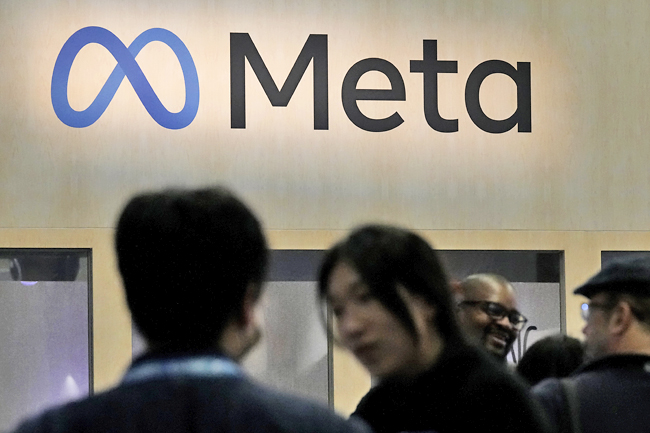BRUSSELS (AFP) – Mark Zuckerberg’s U-turn on Meta’s content rules piles pressure on the European Union (EU) – already in the crosshairs of Donald Trump ally Elon Musk – to prove it still calls the shots when it comes to Big Tech’s behaviour in Europe.
Barely two weeks before Trump’s return to the White House, Zuckerberg dropped a bombshell Tuesday by pulling the plug on fact-checking at Facebook and Instagram in the United States (US) – and indicated changes could be coming to Europe too.
Zuckerberg accused Europe of passing an “ever increasing number of laws institutionalising censorship” – echoing escalating rhetoric from X owner Musk, who has long railed at EU efforts to regulate the online space.
Brussels has bolstered its legal arsenal for targeting the world’s biggest digital platforms – though since Trump stormed to victory the bloc has avoided concrete action against US tech companies, apparently for fear of angering the incoming leadership.
Meta says it has no present plans to end its fact-checking operations in the EU, and would review its EU obligations before making any changes.
But according to several sources, the group sent a risk assessment report to the European Commission on Tuesday concerning changes to its content policies.
AFP currently works in 26 languages with Facebook’s fact-checking programme, including in the US and the EU.
Faced with Zuckerberg’s accusation of “censorship,” the European Commission said it “absolutely” rejected the claim, insisting “freedom of expression lies at the heart” of its content moderation landmark law, the Digital Services Act (DSA).







